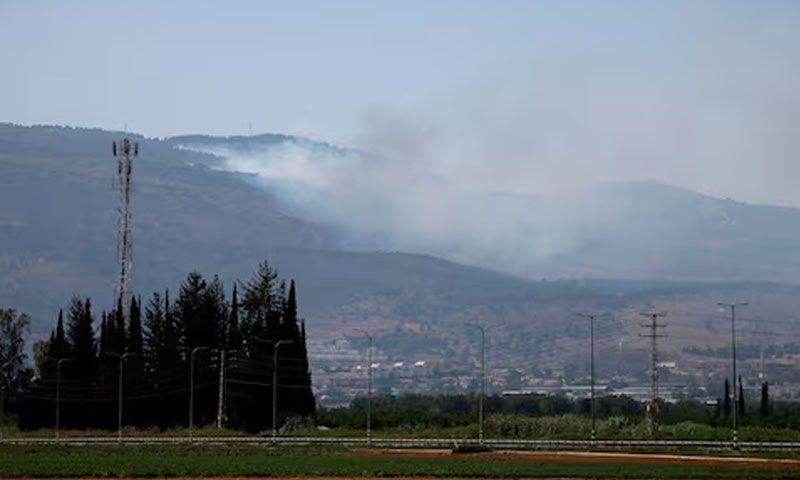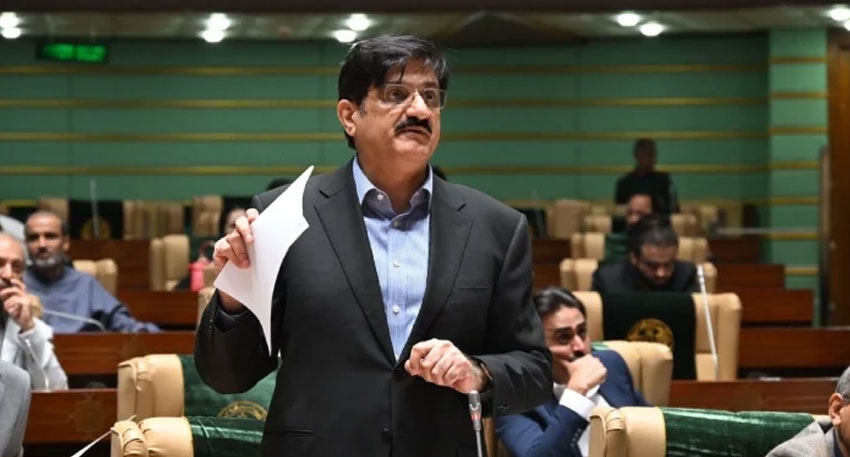
The stark threats on Wednesday from Sayyed Hassan Nasrallah, the head of Hezbollah, that nowhere in Israel would be safe in the event of a war, and that even Cyprus and other parts of the Mediterranean would be in danger was the latest salvo in a rhetorical barrage from both sides.
Hezbollah has been firing rockets at Israel in solidarity with its Palestinian ally Hamas since the Gaza war erupted in October, forcing tens of thousands to flee homes in Israel, where political pressure is building for tougher action.
Also read: Israel should be ‘scared’ of all-out war with Hezbollah, Nasrallah warns
Hezbollah says it won’t stop firing rockets at Israel until a ceasefire in Gaza. Tens of thousands of Lebanese have also fled their homes following Israeli strikes in south Lebanon.
Concerned at the risk of a slide into a war that could spread across the region, U.S. President Joe Biden sent his special envoy Amos Hochstein to embark on a new round of diplomacy this week and Secretary of State Antony Blinken told Israeli officials to avoid further escalation.
Israeli Prime Minister Benjamin Netanyahu has warned Israel would "turn Beirut into Gaza" in the event of a war.
U.N. Secretary-General Antonio Guterres had this warning on Friday (June 21) and said, "The risk for the conflict in the Middle East to widen is real and must be avoided. When rash move, when miscalculation could trigger a catastrophe that goes far beyond the borders and frankly, beyond imagination."
Also read: Israeli jets strike targets in Lebanon after missile barrage hits northern areas
Some diplomats and analysts say Nasrallah’s threats aim to match escalating rhetoric from Israel and act as a deterrent.
Hezbollah has been flexing its muscle - drawing on ever more potent weaponry - while signaling it doesn’t want all-out war.
Israel has the most powerful army in the Middle East. But Hezbollah has thousands of fighters, many with experience in the Syrian civil war, and an arsenal of tens of thousands of missiles capable of hitting cities all over Israel. It has a large fleet of drones and apparently flew one over the Israeli port city of Haifa this week, underlining the potential threat to key economic infrastructure including power systems.
Israeli officials assess that the end of the main phase of fighting in Gaza is weeks away.
Also read: Hezbollah says it attacked 9 Israeli military sites with rockets, drones
This week, the army’s northern command said it had approved operational plans for an offensive in Lebanon.
For weeks, Israeli commanders have been holding training exercises and assessments in preparation.
But war could overwhelm Israel’s famed Iron dome missile-defense system, and Israel has had a bruising experience in Lebanon in the past.
After its forces invaded in 1982, they occupied a swathe of southern Lebanon for nearly two decades.
Israel and Hezbollah waged war for a month in 2006.
Lebanon’s infrastructure and economy is already crippled - a result of decades of poor government and conflicts, including with Israel.




